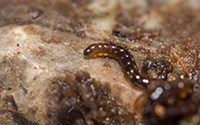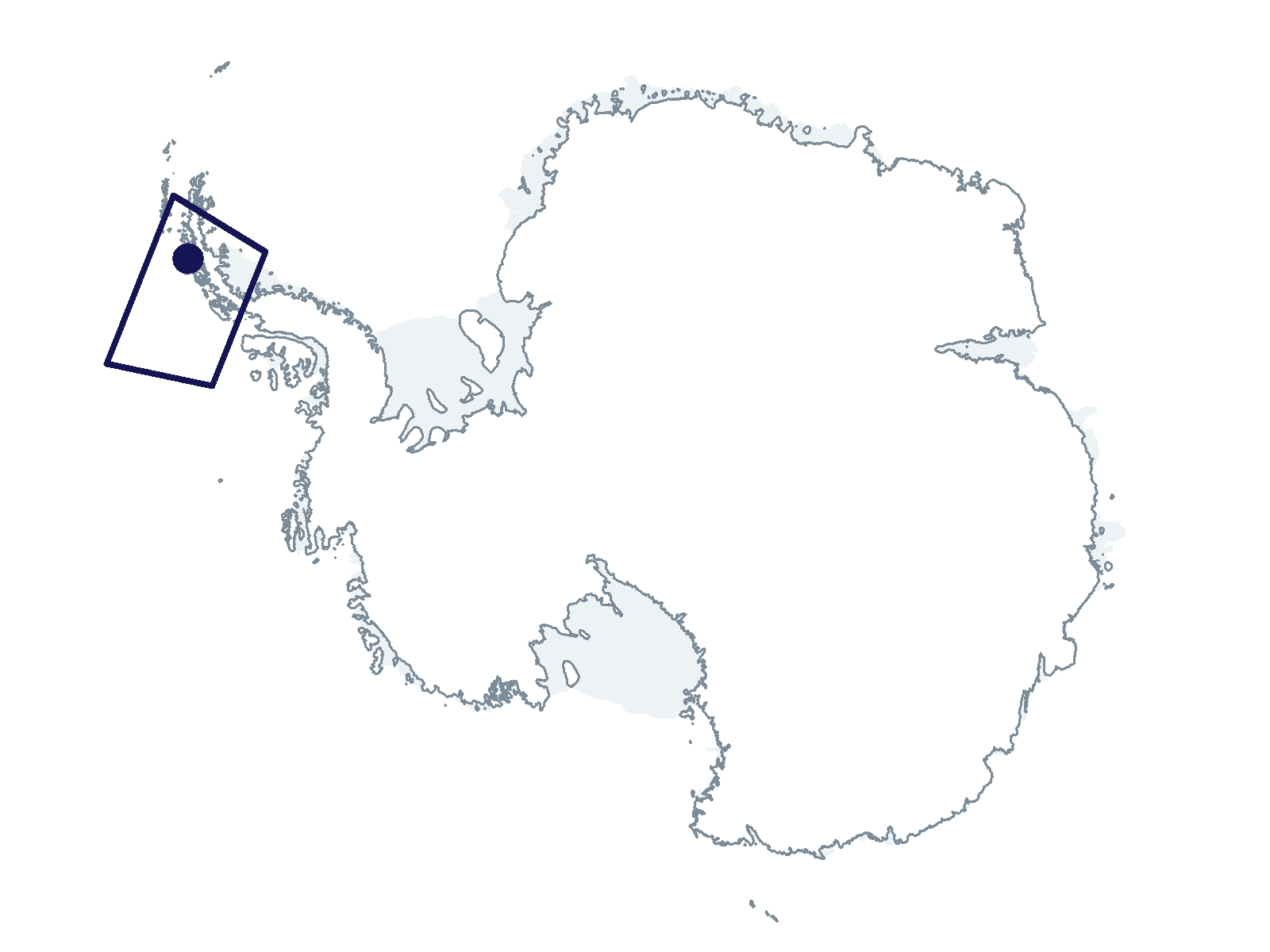2022-2023 USAP Field Season
Project Detail Project TitleMechanisms of adaptation to terrestrial Antarctica through comparative physiology and genomics of Antarctic and sub-Antarctic insects Summary
Event Number:
Program Director:
ASC POC/Implementer: Principal Investigator(s)
Dr. Nicholas Mario Teets
Location
Supporting Stations: ARSV Laurence M. Gould, Palmer Station DescriptionAntarctica is inhospitable for insects, and only three midge species live there. Of these, Belgica antarctica is the only species found exclusively in Antarctica. It has been difficult to pinpoint the evolutionary adaptations this insect needed to survive in Antarctica due to a lack of information about closely related species. This project will compare adaptations, genome sequences, and population characteristics of four midge species spanning an environmental gradient from sub-Antarctic to Antarctic habitats. Researchers from the U.S., U.K., Chile, and France, will sample insects from across their geographic range and measure their ability to tolerate environmental stressors, quantify molecular responses to stress, and compare their patterns of genetic diversity. This will contribute to a greater understanding of biodiversity and adaptation to extremes, and it will help in predicting the changes that accompany environmental change. Field Season OverviewThe science team proposes to conduct in-depth physiological, genomic, and population studies of three closely related midge species. They will collect Antarctic midge samples to be processed in the field, on the ship, or at Palmer Station. They will then conduct a variety of experiments in the laboratory to characterize the stress tolerance, define the lower and upper limits of lethality for different conditions and measure the effect of pretreatment on stress tolerance. They plan to ship frozen and live samples back to their home institutions. This project involves international collaboration with the British Antarctic Survey. Five people will deploy on the the ARSV Laurence M. Gould (LMG) and collect samples from the islands visited in 2020. All dataloggers deployed in 2020 will be collected. Two people will remain at Palmer Station to collect midge samples via small boat operations. The LMG based team will have 16 days of ship time for field work and the Palmer Station team will stay an additional three weeks to finish experiments on station. Deploying Team Members
|
2022-2023 Science Planning Summary



For USAP Participants |
For The Public |
For Researchers and EducatorsContact UsU.S. National Science FoundationOffice of Polar Programs Geosciences Directorate 2415 Eisenhower Avenue, Suite W7100 Alexandria, VA 22314 Sign up for the NSF Office of Polar Programs newsletter and events. Feedback Form |



